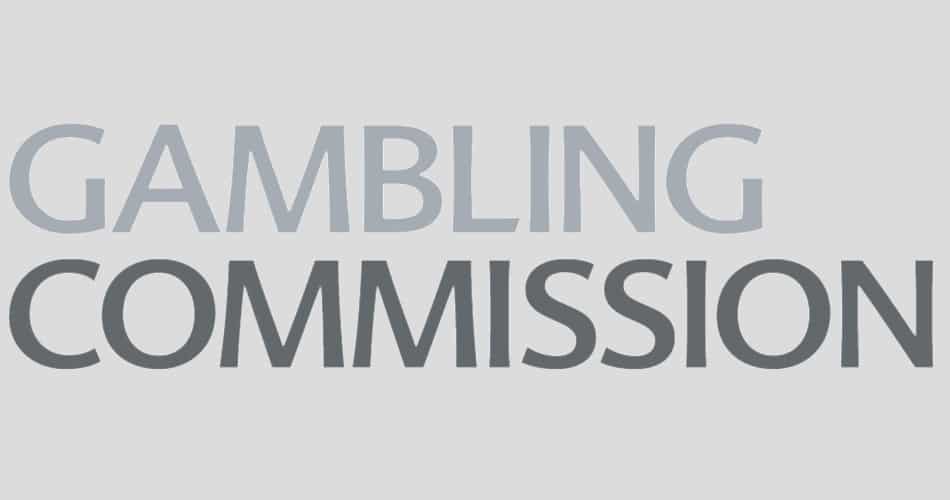
The UK Gambling Commission has suspended the operating and software licenses of Capen Ltd, a charity lottery operator.
The Commission, which is responsible for regulating all gambling in the United Kingdom, announced the news this week, revealing that it had suspended the gambling company’s licenses under section 116 of the Gambling Act 2005 which states that the Commission can launch a review into a licensee if it belives the operator is breaking its license conditions.
As part of the immediate suspension, the UK Gambling Commission has launched a review into the website, but Capen has seemingly been allowed to continue operating in the UK.
Capen, which was founded by Simon Rydings, operates The Little Lottery, Zaffo, and The Sports Lotto websites which run lotteries. As reported by iGaming Business, Capen also runs raffle draws through which most sites donate a percentage of funds to various charities.
A statement on the UK Gambling Commission website confirming the suspension reads: “The review follows concerns that activities may have been carried out contrary to the Gambling Act, not in accordance with a condition of their license and that the Licensee may be unsuitable to carry on the licensed activities.”
Capen’s suspension is one of the latest by the imposed by the UK Gambling Commission as part of the regulator’s efforts in raising standards within the online gambling industry. In 2020, the Commission suspended the licenses of Dynamic, Sportito, Stakers, Triplebet, and suspended Genesis Global Limited’s operating license in July before lifting it in October.
The news comes as the UK Government has launched its review of the Gambling Act 2005. As we’ve already reported, the Department for Digital, Culture, Media and Sport (DCMS) is looking at tightening online gambling rules, banning sports sponsorships, and providing the UK Gambling Commission with new powers.
The gambling law review has begun with a call for evidence which will run until March 31, 2021. In a statement responding to news of the review’s launch, Gambling Commission CEO Neil McArthur said:
“We welcome the government’s Review of the Gambling Act which will also consider our powers and resources. Our job is to make gambling safer, and the Review creates an opportunity to build on the progress we have made to protect players and the public – such as strengthened age and identity verification, strict new guidance for so-called VIP schemes and banning gambling with credit cards.
“As the statutory adviser to the Secretary of State we look forward to contributing our advice to help with the government’s Review, and we will continue our close working relationship with DCMS as the Review proceeds.”
He added: “We’ve made it clear to gambling operators that we will continue to work at pace to take action to protect consumers while the Review of the Gambling Act is underway.”
Also this week, charity GambleAware published the findings of its secondary analysis of a 2019 survey conducted by YouGov which looked into the differences in gambling behaviours between BAME and white adults.
The research found that BAME communities are “disproportionately impacted by gambling harms” and have a higher demand for gambling treatment and support. As reported by GambleAware, 7% of the BAME adults surveyed were classified as “problem gamblers” compared to 2% of white adults.
In addition, the charity’s analysis found that one in five (Around 20%) Black, Asian, and minority ethnic adults experience problems with their gambling, a statistic significantly higher than the 12% of white adults surveyed who experience some level of problem with their gambling.
As mentioned, GambleAware also found that the demand for treatment was higher among people from minority ethnic communities who were defined as “problem gamblers”. Around 75% of the BAME adults surveyed said they wanted treatment, support or advice compared to 49% of white adults defined as “problem gamblers”.
Potential motivators among respondents for seeking a form of gambling treatment, support or advice included 25% of respondents knowing they could get help over the phone, 18% knowing it would be completely confidential, and a further 18% knowing it would be free of charge.
Commenting on the results of the research, Marc Etches, the Chief Executive at GambleAware, said: “The prevalence of high levels of gambling harms among minority ethnic communities, coupled with the significant demand for access to treatment, support and advice demonstrates the clear need to further strengthen and improve the existing provisions on offer.
“Services must be flexible, meet the varying needs of individuals, and it is vital they are easy to access for all minority groups. This will require active engagement with communities on the ground to understand their lived experiences, and to design services in accordance with these.”
He added: “GambleAware will draw on the insights from these reports to inform additional investment in treatment and support services to address disparities between different communities.”
Briony Gunstone, the Research Director at YouGov, added: “This research shines a light on the disproportionate impact of gambling harms on Black, Asian, and minority ethnic communities. It also indicates a particularly high demand for treatment, support and advice, tailored to these affected groups.
“The survey highlighted that increased awareness of support would motivate at-risk gamblers to seek assistance. It is vital, therefore, to highlight the range of different services available, including telephone helplines such as the National Gambling Helpling, to make accessing treatment, advice, and support easier for gamblers from a minority ethnic background.”
As confirmed by GambleAware, the charity will be commissioning research in 2021 to build knowledge of the lived experience of gambling harms across different minority ethnic communities, including the needs and preferences of treatment and support. Findings from this research will then be used to inform additional investment in gambling treatment services.